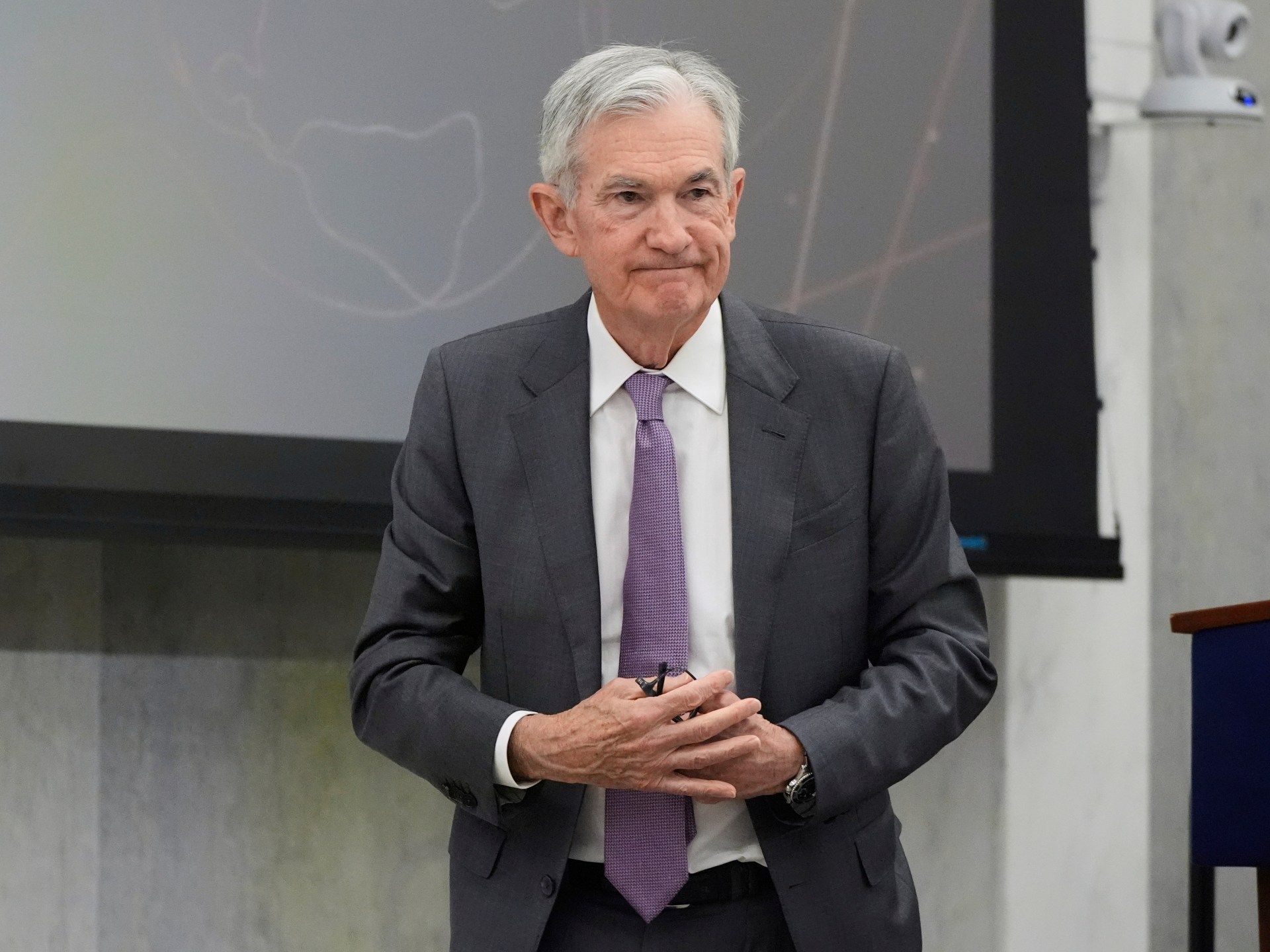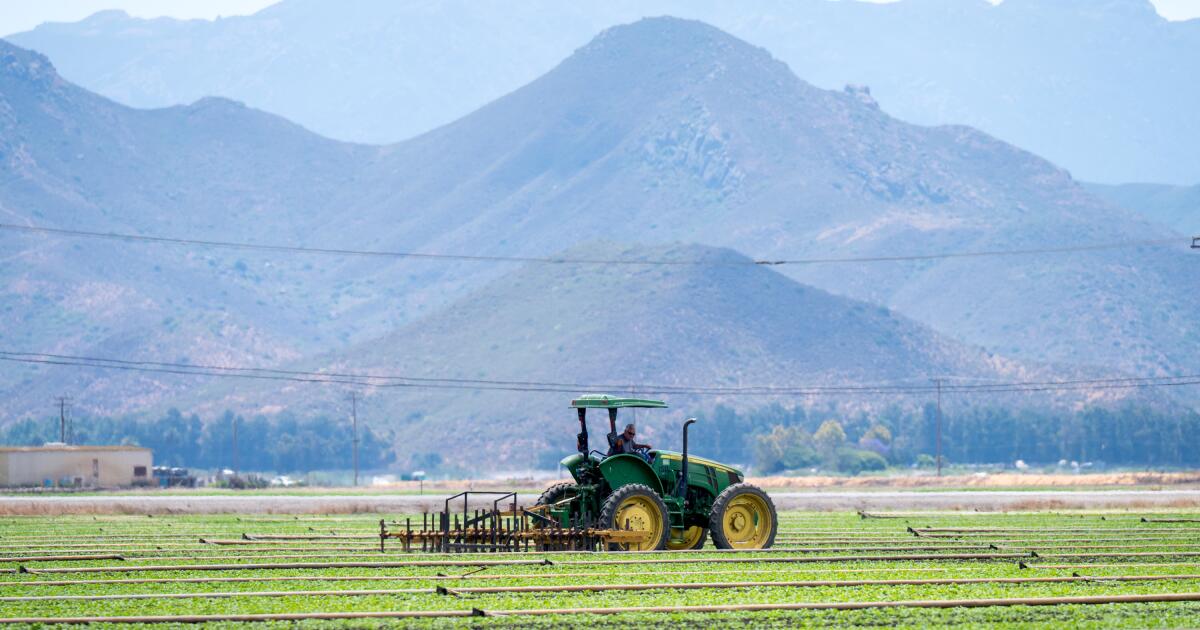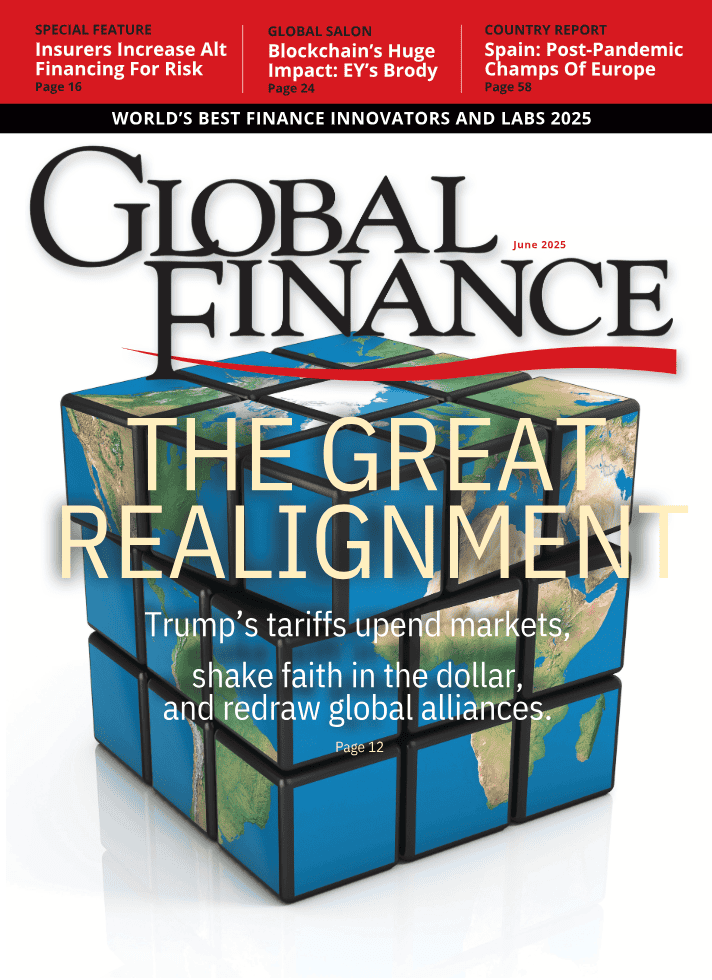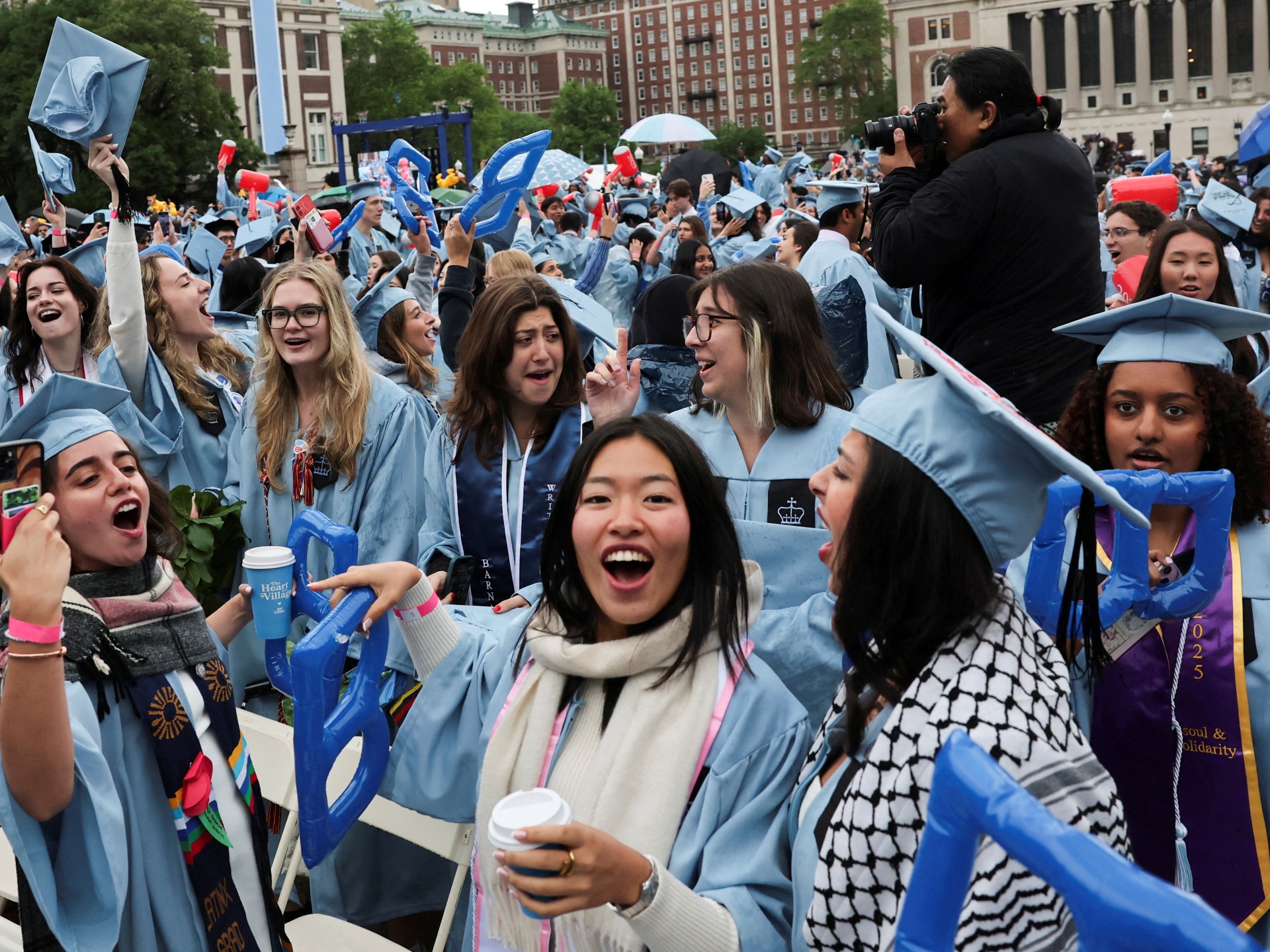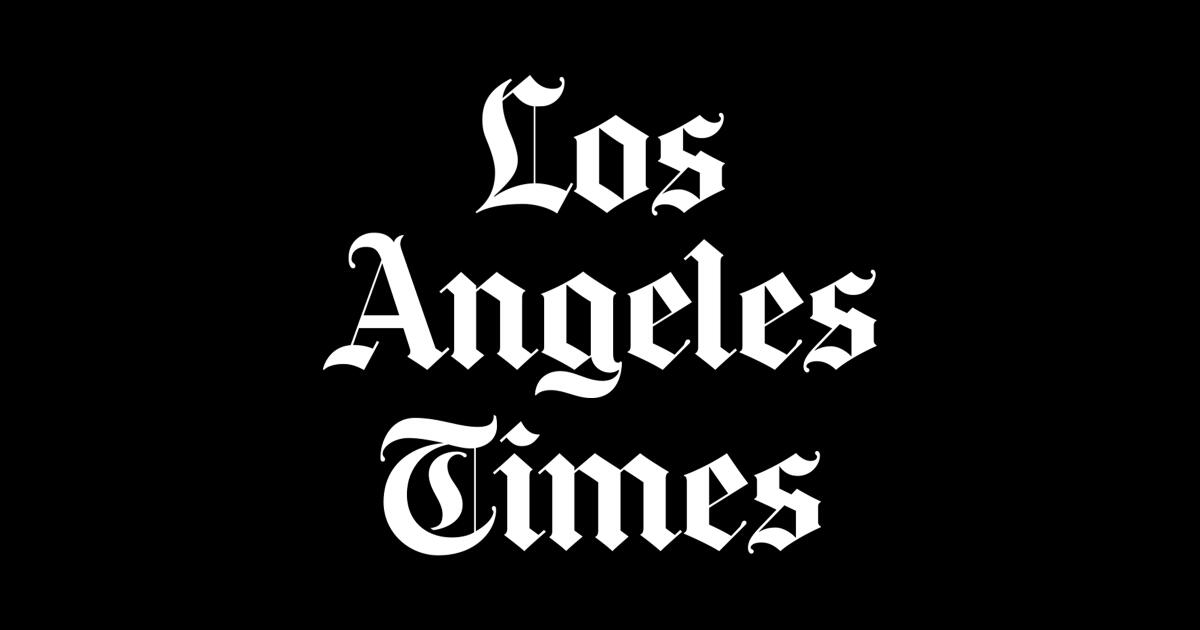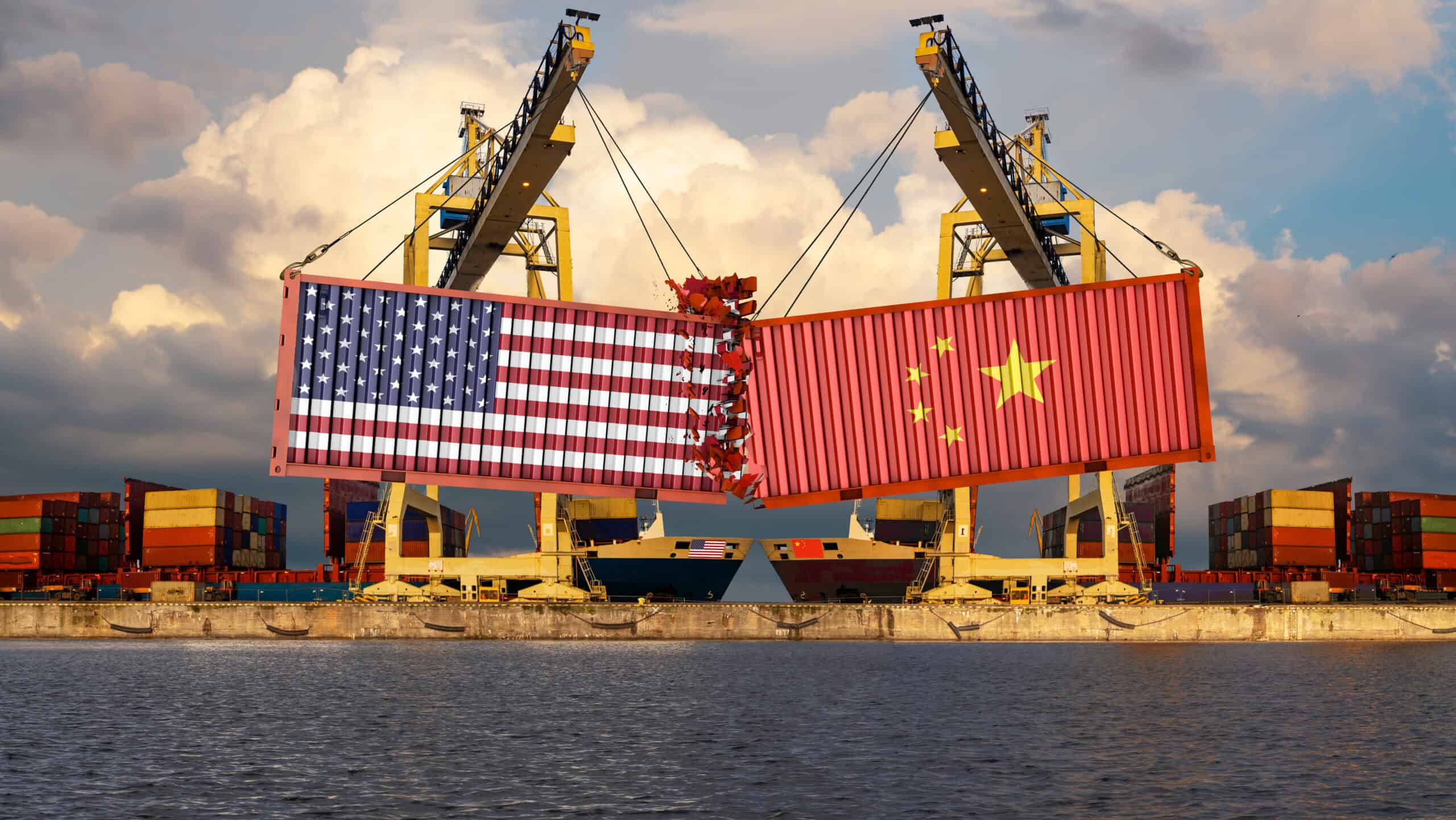Washington, DC – For Anson, hearing the news that Chinese student visas were the latest target of US President Donald Trump’s administration was “heartbreaking”.
The Chinese graduate student, who is studying foreign service at Georgetown University, told Al Jazeera that he feels uncertain about the future of students like himself after US Secretary of State Marco Rubio announced the US would begin to “aggressively revoke visas for Chinese students, including those with connections to the Chinese Communist Party or studying in critical fields”.
“There is definitely a degree of uncertainty and anxiety observed amongst us,” Anson said, asking that only his first name be used.
The Trump administration has offered little further clarity on which students would be affected, with some observers seeing the two-sentence announcement, which also vowed to “revise visa criteria to enhance scrutiny” for future visa applicants from China and Hong Kong, as intentionally vague.
While 23-year-old Anson said he understood the US government had concerns about foreign influence and national security when it came to China, he was confused as to why the Trump administration’s new policy was potentially so wide reaching.
Most students from his homeland, he said, were just like the other more than one million students who study every year in the US, a country that is known both for its educational opportunities and for its “inclusivity and broad demographics”.
“It is heartbreaking for many of us to see a country built by immigrants becoming more xenophobic and hostile to the rest of the world,” he said, adding that he and other Chinese students in the US were still trying to decipher the policy shift.
‘Greater and greater suspicion’
It is not the first time the Trump administration has taken aim at Chinese students, with the US Department of Justice in 2018, during Trump’s first term, launching the so-called “China Initiative” with the stated aim of combatting “trade secret theft, hacking, and economic espionage”.
An MIT analysis instead showed the programme focused predominantly on researchers and academics of Chinese descent, in what critics said amounted to “racial profiling and fear mongering”. It was discontinued in February 2022 by the administration of former US President Joe Biden.
Since then, there has only been “greater and greater suspicion in the US, almost on a bipartisan basis, of various aspects of Chinese technology, actions by Beijing around the world, and now these concerns about surveillance and spying within the US”, according to Kyle Chan, a researcher on China at Princeton University.
That included a Republican-led congressional report in September 2024 that claimed hundreds of millions of US tax dollars – funneled through US-China partnerships at universities – helped Beijing develop critical technologies, including those related to semiconductors, artificial intelligence, hypersonic weapons, and nuclear capabilities.
But Chan, while acknowledging “genuine security concerns” exist, said the broad announcement from the Trump administration did not appear to actually address those concerns.
Instead, it has sent “shock waves of fear throughout university campuses across the country”, he said.
That uncertainty has been compounded by Trump’s recent pressure campaigns on US universities, which most recently involved a since-blocked revocation of Harvard University’s ability to enrol international students.
“I think the vagueness is part of the [Trump administration’s] strategy, because it is not about a concrete policy,” Chan told Al Jazeera. “I don’t think it’s really, at the end of the day, about national security and trying to find the few individuals who may pose a genuine risk.”
Instead, he saw the move as aimed at Trump’s political audience, those sitting at an “overlap between people who are very anxious about immigrants in general, and people who are very anxious about China”.
‘Tremendous disruption’
The administration has offered little clarity on the scope of the visa revocations, or how it will define students with “connections to the Chinese Communist Party or studying in critical fields”.
Speaking to reporters on Thursday, State Department spokeswoman Tammy Bruce gave few further specifics, saying only that the department “will continue to use every tool in our tool chest to make sure that we know who it is who wants to come into this country and if they should be allowed to come in”.
“The United States, I further can say here, will not tolerate the CCP’s exploitation of US universities or theft of US research, intellectual property or technologies to grow its military power, conduct intelligence collection or repress voices of opposition,” she said.
Despite the dearth of clarity, the eventual shape of the policy will determine just how “disruptive” it could be, according to Cole McFaul, a research analyst at the Center for Security and Emerging Technology at Georgetown University.
He pointed to “real concerns about research security and about illicit IP [intellectual property] transfer” when it comes to Beijing, noting there have been a handful of documented cases of such activity in recent years.
“My hope is that this is a targeted action based on evidence and an accurate assessment of risk that takes into account the costs and the benefits,” McFaul said.
“My worry is that this will lead to broad-based, large-scale revocations of visas for Chinese students operating in STEM subjects,” he said, referencing the abbreviation for science, technology, engineering and mathematics.
McFaul noted that about 80 percent of the estimated 277,000 Chinese students who study in the US annually are in STEM subjects, in what he described as “an enormously important talent pipeline from China to the United States for the past 40 years”.
A vast majority of Chinese PhDs in STEM subjects – also about 80 percent – tend to stay in the US after their studies, in what McFaul described as another major benefit to the US.
“The question is, what counts as someone who’s working in a critical technology? Are life sciences critical? I would say ‘yes’. Are the physical sciences critical? I’d say ‘yes’. Is computer science critical? Is engineering critical?” McFaul said.
“So there’s a world where the vast majority of Chinese students are disallowed from studying in the United States, which would be an enormous loss and tremendous disruption for the United States science and technology ecosystem,” he said.
‘Generating unnecessary fear’
As the policy remains foggy, Chinese students in the US said they are monitoring the often fickle winds of the Trump administration.
Su, a 23-year-old applied analytics graduate student at Columbia University, said she swiftly changed her plans to travel home to China this summer amid the uncertainty.
“I was afraid if I go back to China, I won’t be able to come back to the US for when classes begin,” said Su, who asked to only use her last name given the “sensitive” situation.
“When Trump announces something, we never know if it’s going to be effective or not,” she told Al Jazeera. “It’s always changing”.
Deng, a graduate student at Georgetown who also asked that his full name not be used, said he broadly agreed that reforms were needed to address issues related to Chinese influence in US academia.
Those included intimidation of political dissidents, the spread of nationalist propaganda, and “oligarchy corruption”, he said.
But, in an email to Al Jazeera, he said the administration’s approach was misguided.
“The current measures not only do not achieve such goals,” he said, “but [are] also generating unnecessary fear even among the Chinese student communities that have long been fully committed to the development and enrichment of US society.”
